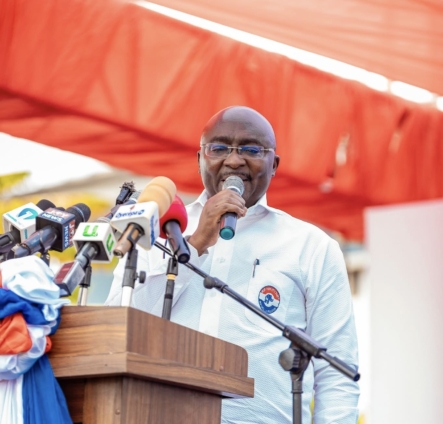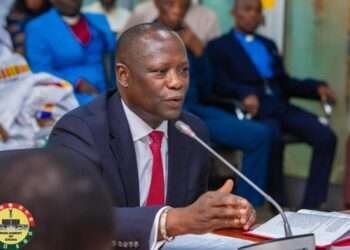Dr. Mahamudu Bawumia appears to be the clear frontrunner in the race for the New Patriotic Party’s (NPP) 2028 presidential flagbearer slot, according to new data from the African Policy Lens (APL), a policy research and analysis organization.
The group’s post-election survey showed that Dr. Bawumia commands majority support in 12 out of Ghana’s 16 regions, marking a strong national footprint ahead of the party’s internal selection process.
The data revealed that the former Vice President is performing strongly not only in NPP bastions like the Ashanti and Eastern Regions but also in pivotal swing regions such as Greater Accra.
“This broad regional support is a positive indicator for the NPP’s prospects in the 2028 elections, suggesting that Bawumia’s appeal transcends ethnic and regional divides.”
African Policy Lens (APL)
In contrast, Kennedy Agyapong, the long-serving MP for Assin Central, is leading in three regions—Central, Volta, and Western North.
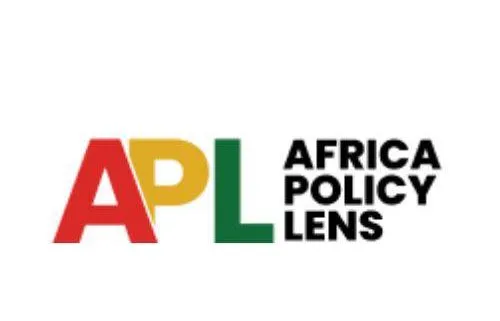
“Meanwhile, Kennedy Agyapong leads in three regions: Central, Volta, and Western North, with a 50-50 tie in the Ahafo Region. While his lead in the Central Region is unsurprising given his long tenure as an MP for Assin Central, his performance in the Volta and Western North is noteworthy.”
African Policy Lens (APL)
The report suggested that Agyapong’s unexpected traction in the Volta and Western North—traditionally strongholds for the opposition National Democratic Congress (NDC)—may be tactical.
According to APL’s analysis, some NDC-aligned voters might be expressing support for Agyapong in the hope that he would pose “a less challenging candidate for the NDC in the 2028 race.”
Protests, Strikes Hurt NPP Popularity
In addition to shedding light on internal dynamics within the NPP, the survey also pointed to broader national issues that played a role in the party’s 2024 electoral defeat.
The findings suggested that public discontent driven by street protests and widespread labor unrest significantly eroded the NPP’s popularity.
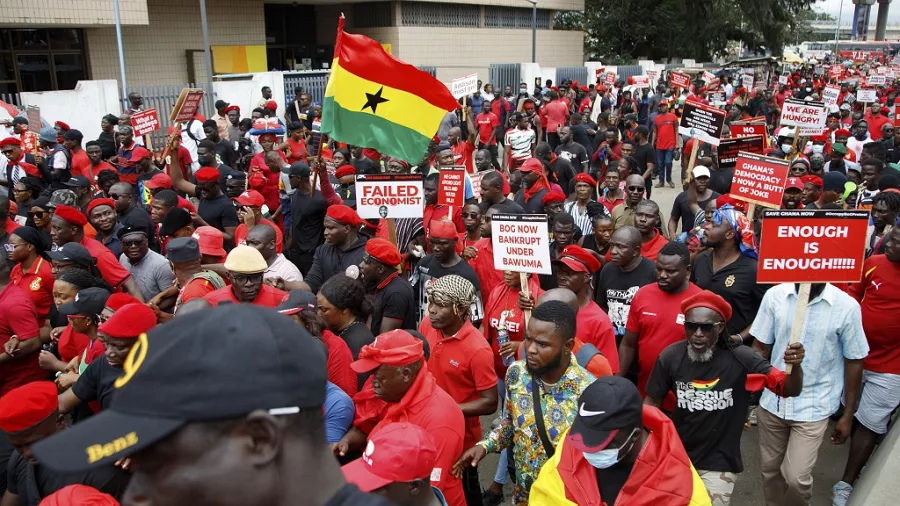
APL’s data indicated that a notable portion of voters attributed the party’s unpopularity to “opposition-organized” demonstrations over illegal mining, corruption, and related grievances, which had a strong impact on public perception.
“In addition, 10.7% of voters pointed to a series of organised labour strikes as a critical factor undermining the government.
“These issues ranked well above others, such as media coverage (11.9%) or internal party disputes (16.2%), underlining their prominence in public opinion.”
Protests And Strikes Hurt NPP Popularity
For Dr. Bawumia, the findings present both an opportunity and a challenge. His lead in a wide range of regions suggests he has a unifying national appeal that could work to the NPP’s advantage in a general election.
However, translating that regional support into victory in the party’s flagbearership race will depend on internal consensus and campaign strategy.
The numbers also indicate that Kennedy Agyapong cannot be discounted. His grip on a few key regions—especially those outside the NPP’s traditional base—gives him a potentially disruptive edge.
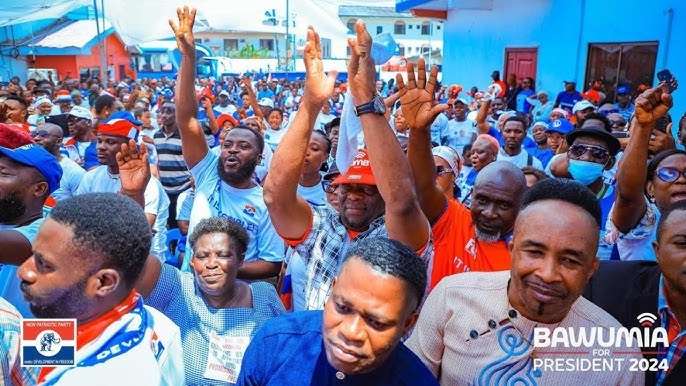
If Agyapong is genuinely attracting opposition voters, that may reflect dissatisfaction within parts of the electorate that both major parties will need to address heading into 2028.
Although the APL survey does not claim to predict the ultimate outcome of the NPP flagbearer race, it provides valuable insights into how Bawumia and Agyapong are currently perceived across Ghana’s political map.
It also illustrated the lasting impact of recent civil unrest, labor actions, and governance concerns on voter sentiment.
The 2028 campaign season is still in its early stages, but regional dynamics, cross-party appeal, and public frustration over governance issues are already shaping the field.
As the NPP moves closer to selecting its flagbearer, these survey results may influence both strategy and voter engagement in the months ahead.
READ ALSO: Energy Minister Charges New VRA Board to Drive Power Sector Reforms


